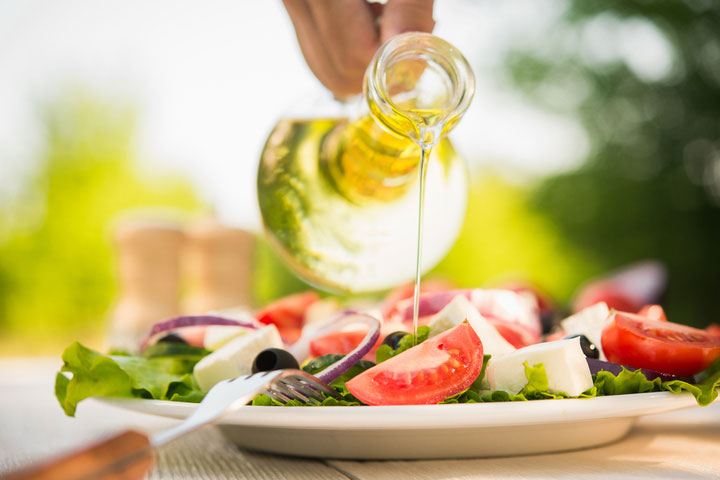How to Clean Up After Mice in Kitchen: Essential Steps and Tips
Written By James Morgan
If you love barbecuing as much as I do, then you know how important it is to maintain a clean and hygienic kitchen. However, the occasional unwanted guest can create havoc. Yes, we're talking about mice. Knowing how to clean up after mice in kitchen not only helps you maintain a sanitary cooking area but also keeps your grilling gear free from contamination.
Let's dive into the necessary steps to ensure your kitchen is in top shape after a mouse encounter.

Why It's Crucial to Clean Up After Mice
Before we get into the specific cleaning steps, it's vital to understand why this is necessary. Mice are more than just a minor inconvenience. They can pose severe health risks, carrying diseases such as Hantavirus and Salmonella. Contaminated food can affect your family and friends, especially during a barbecue gathering.
Health Risks
Understanding the health risks associated with a mouse infestation helps emphasize the importance of a thorough cleanup.
- Hantavirus: This virus can be transmitted through mouse droppings, urine, and saliva. Inhaling contaminated air poses a serious health threat.
- Salmonella: Mice can contaminate food and surfaces with bacteria, causing severe food poisoning.
Damage to Your Cooking Equipment
Mice are notorious for chewing through cables and wires, including those of your beloved grilling equipment. Ensuring no traces of mice are left behind helps protect your gear.

Initial Steps When You Notice Mice
The moment you notice evidence of mice in your kitchen, quick action is essential.
Relocate Food Items
Immediately move all food items, especially those near the contamination zone, to a safe area.
Dispose of Contaminated Items
Inspect your pantry and dispose of any food items that may have been gnawed on or contaminated by mice.
Set Up Traps
Use humane or traditional traps to catch any remaining mice. Ensure you follow appropriate safety and ethical guidelines when handling traps.

Detailed Cleaning Process
Now, let's delve into the cleaning process. Following each step meticulously ensures your kitchen is safe for future barbecue sessions.
Gather Cleaning Supplies
Before you start cleaning, make sure you have these essential supplies:
- Disposable gloves
- Disinfectant or bleach solution
- Paper towels or disposable rags
- Trash bags
- Mask
Cleaning Surfaces
First, don your gloves and mask. Thoroughly disinfect all surfaces that may have come in contact with the mice, including countertops, cabinets, and floors.
A mix of bleach and water works well as a disinfectant. The ratio should be about 1 part bleach to 10 parts water.
Sanitizing Cooking Equipment
Mice could have touched your cooking utensils or grilling gear. Ensure you sanitize these items thoroughly.
Soak them in hot, soapy water and use a disinfectant spray for additional cleaning.
Reducing Odors
Sometimes, the presence of mice leaves a lingering odor. You can use natural odor absorbers like baking soda or commercial deodorizers to remove any unwanted smells.

Preventive Measures
Once you've successfully cleaned up after mice, the next step is to ensure this doesnt happen again.
Seal Entry Points
Mice can get through surprisingly small openings. Make sure to seal any cracks or holes in your kitchen walls and cabinets.
Proper Food Storage
Keep all food items in airtight containers. This includes barbecue sauces, marinades, and even charcoal bags.
Regular Inspections
Periodic inspections help catch potential issues early. Check your kitchen and grilling area regularly for any signs of mice.
FAQs
Q1: Can I use natural disinfectants?
Yes, natural disinfectants like vinegar can be effective. However, a bleach solution is more robust against the diseases mice carry.
Q2: How often should I inspect my kitchen for mice?
Regularly inspect your kitchen every month to catch any signs of an infestation early.
Q3: What should I do if I find mouse droppings?
Clean them immediately using a bleach solution and take this as a sign to set up traps and further inspections.
Restoring your kitchen to its pristine state after a mouse invasion is crucial for the health and safety of your household. Following these steps ensures that your grilling sessions remain enjoyable and safe for everyone.
Sesame OilToast Sesame OilAvocado vs Grapeseed OilClean SinkGrape Seed OilAs an Amazon Associate, I earn from qualifying purchases.



